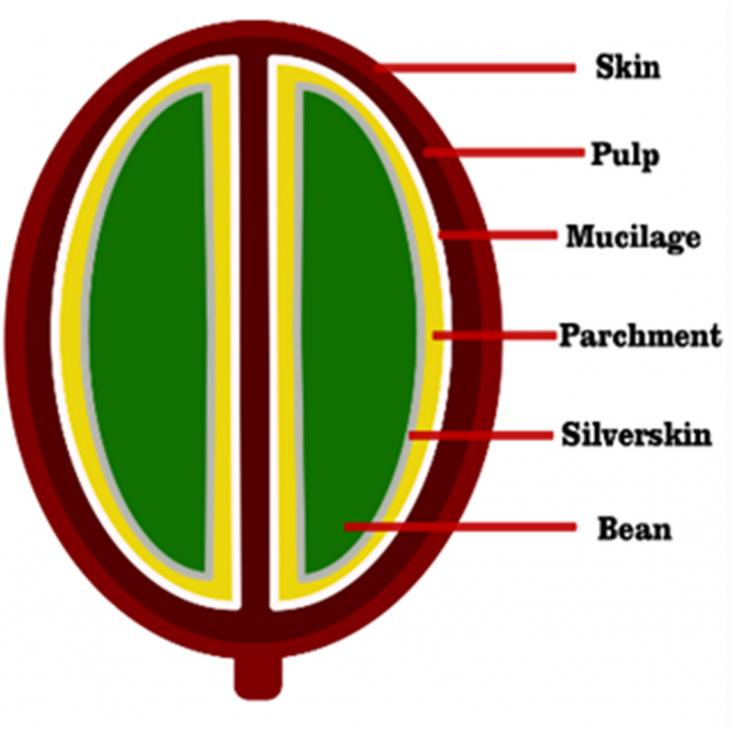Reviews and explains the challenges posed by mycotoxins on food safety, which have consequences on the health of consumers and livestock. Also discusses the prospects of mycotoxin outbreaks in a world climate change scenario. Supports SDG 2: Goal 2. End hunger, achieve food security and improved nutrition and promote sustainable agriculture
A Commentary on the role of governments in mitigating the health effects of malnutrition, in the context of SDGs 3 and 12, highlighting the need for the implementation of more comprehensive policies to limit the availability of unhealthy foods and to increase that of healthy foods to communities across Africa.

Alternative methods for improving traditional food processing have increased in the last decades.
Over the years, chemical pre-treatments have been used intensively to maintain apple quality and reduce decay during postharvest.

Background: Coffee is of the most traded commodities in the world and its market has grown regularly over the last 150 years.
Food packaging can be considered as a passive barrier that protects food from environmental factors such as ultraviolet light, oxygen, water vapour, pressure and heat.
Elsevier,
International Environmental Cooperation and The Global Sustainability Capital Framework, 2021, Pages 1-15
This chapter discusses the need for international environmental cooperation (IEC) in a context of our common vulnerabilities and contingent survivability. It also introduces the Sustainability Capital Framework (SCF) as a core framework for guiding sustainable development, and for delimiting the boundaries of global sustainability.
Elsevier’s new video series features short interviews with research leaders on topical issues for universities. In these episodes, speakers discuss how universities are accelerating progress towards the UN SDGs.
Elsevier,
Air Pollution, Climate, and Health, An Integrated Perspective on Their Interactions, 2021, Pages 3-12
Summarizes the documented health effects of climate change and air pollution, and the underlying linkage and interaction, as well as some issues that need to be addressed in future research and policy-making practice. Supports the SDG Goal 13. Take urgent action to combat climate change and its impacts
An improved understanding of public support is essential to design effective and feasible climate policies for aviation.
